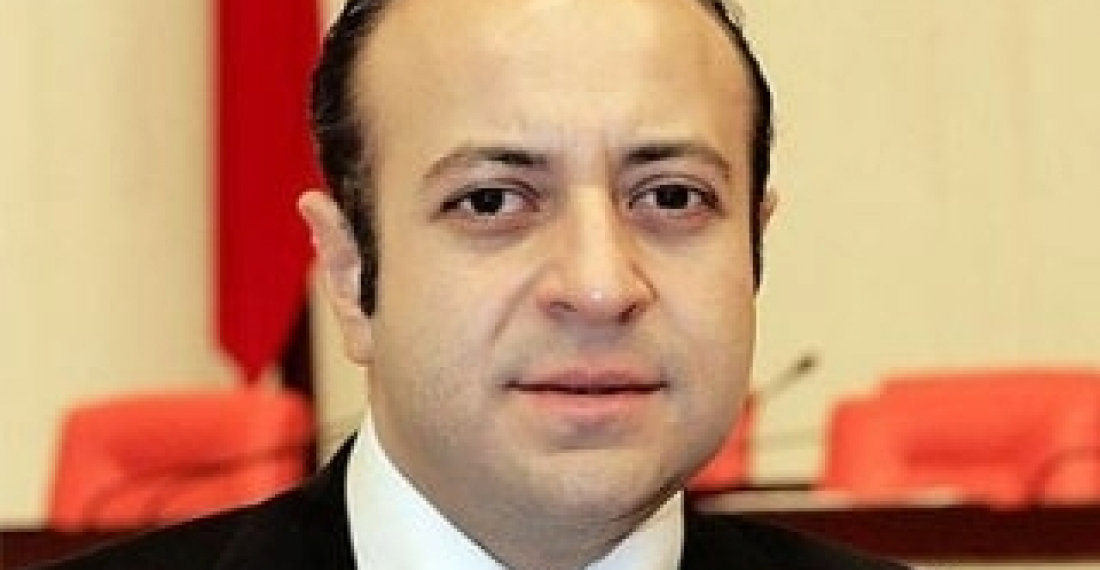- Armenia-Azerbaijan Strategic Expert Platform: Members emphasise the importance of the present moment for the South Caucasus and call for the momentum to be used for the long-term peace and prosperity of the region
- Thursday Interview: Dr. Anar Valiyev
- Food insecurity in Somalia has nearly doubled in the past year
- Türkiye evaluating potential measures in case of a US-Iran conflict
- European Parliament reaffirms support for Ukraine and EU Path
- EU moves ahead with Ukraine loan preparations despite Hungarian block
State Minister of Turkey not afraid of being accused by Switzerland for denial of Armenian Genocide

Turkish European Union Affairs Minister Egemen Bagis has said he is confident regarding a Swiss investigation into his statements regarding allegations of an Armenian genocide as he does not know of any power that can arrest a minister of Turkey after a Swiss prosecutor launched an investigation on Monday in Zurich, Zaman reports.
"No genocide took place in 1915. I will say this again and again. Such initiatives [investigations] are null and void for us. I do not know of any power that can arrest a minister of the Republic of Turkey," he said on Tuesday at Istanbul's Ataturk International Airport where he held a press conference before leaving the country for an official visit to Brussels. "I am very confident on this issue," he added.
News about the prosecution's move was published in the Swiss daily Neue Zurcher Zeitung. The Zurich Chief Prosecutor's Office launched the investigation into Bagis's remarks -- which he made last month in Zurich on his way back from the World Economic Forum at Davos -- based on a complaint filed by members of Switzerland's Armenian community. Zurich State Prosecutor Christine Braunschweig was quoted by the daily as having said: "Last week we received a petition about this issue, informing us that Mr. Bagis violated the anti-racism Article 261 of the Swiss Penal Code. Our prosecutor's office has taken this allegation seriously and launched an investigation. We will investigate whether Egemen Bag?s uttered words denying the Armenian genocide as asserted in the petition. We will also see if he has diplomatic immunity. At the end of this, we will press charges against him if there indeed is a violation and if he cannot benefit from diplomatic immunity." "We will go to Davos and say the same thing again," a defiant Bagis said on Tuesday.








